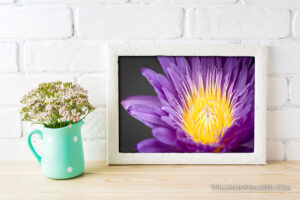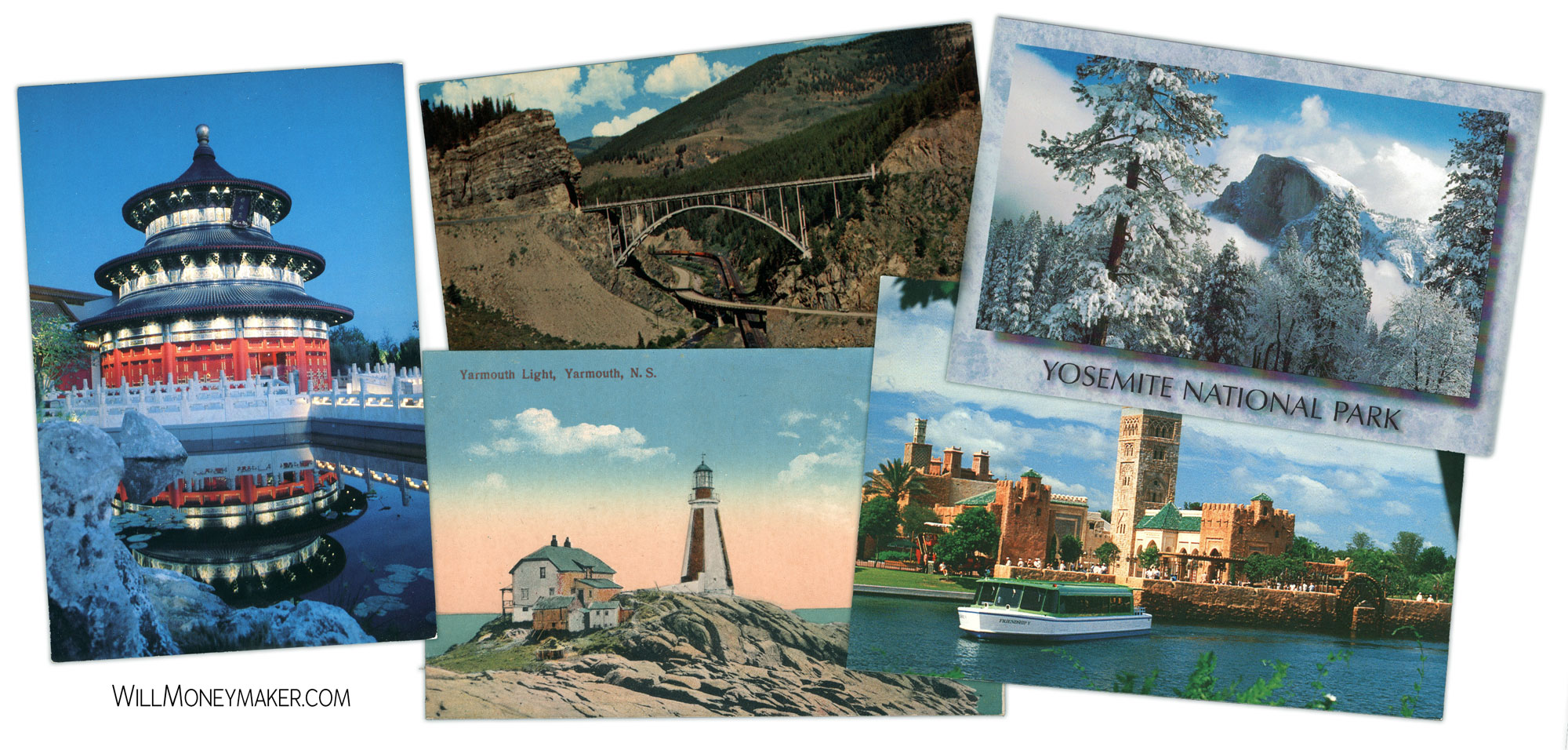There is so much hype where gear is concerned! To hear the way some tell it, certain cameras and systems are so deeply flawed that they’re entirely unusable. Nobody with such equipment could ever be happy with it. You’ll face perpetual disappointment as each and every photograph turns out lackluster — and it’s all the fault of shoddy gear. Spend more money to buy better equipment and ignore what it is that you actually need from the gear.
This is an attitude that is quite common among reviewers, engineers and so forth. One great example is the micro 4/3rds system. According to a lot of reviewers, micro 4/3rds isn’t worth any serious photographer’s time. Why? Because of the sensors. They’re smaller, which means that when shooting in low light at high ISOs, they produce more noise than a full-frame camera. Someone owning one of these cameras is doomed to perpetual struggles with way too much noise when shooting in dimly-lit conditions.
It’s these kinds of things where I have to pause and scratch my head. Is this smaller sensor truly a disadvantage? Maybe for some people, it’s an advantage.
This is the type of thing that comes down to personal preference and how you use the camera. For one photographer, micro 4/3rds might be the ideal solution. These cameras are overall much smaller than full-frame cameras, and the lenses are small, too. So perhaps you’re a nature photographer, one who is looking to lighten the load in the gear bag as much as possible. These smaller, lighter weight systems could help you do that. For people who would rather carry a small over-the-shoulder bag rather than a larger backpack or something even bigger yet, micro 4/3rds cameras definitely save a lot of space — and they do it while taking a great quality picture.
That sensor issue? Maybe you very rarely find yourself taking photographs in low light situations. If that’s true, then this particular drawback isn’t really a drawback at all since it’s not something that will trouble you often. Meanwhile, you’ll enjoy the advantages these systems do come with.
On the other side of the coin, perhaps you do find yourself regularly taking pictures where noise caused by high ISOs would be a problem. Or maybe you’re a studio photographer with a camera that rarely leaves the studio, so enormous gear bags aren’t really a concern. Well, for you, maybe that big full-frame camera is the better fit. Don’t get me wrong — reviews are helpful when you’re shopping for a new camera or system. But be aware that there’s a lot of hype and negativity out there. Whatever choice you make, choose the equipment that best fits you and what you do with it. Don’t let yourself be led astray by popular opinion. Make objective choices because sometimes, the faults that reviewers find with a particular piece of gear aren’t necessarily problems depending on your own personal needs.





